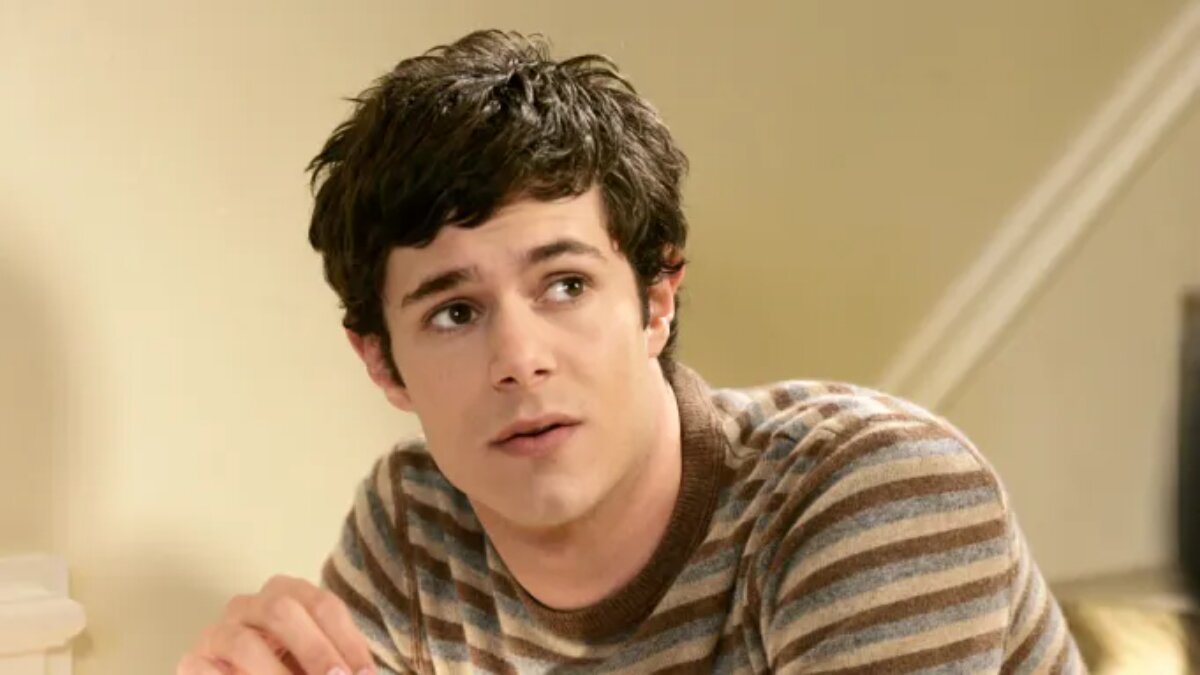In the recently released book “Welcome to the O.C.: The Oral History,” authored by Rolling Stone’s chief TV critic Alan Sepinwall (via TooFab), revelations about the behind-the-scenes experiences during the later seasons of the show “The O.C.” came to light. Adam Brody, who portrayed one of the main characters, admitted to a decline in his professional demeanor as his dissatisfaction with the material grew.
According to series creator Josh Schwartz, this waning interest among the cast and crew wasn’t unique to Brody alone. By the time the show reached Season 3, a sense of burnout had permeated the production. Schwartz confessed that the rapid pace of creating numerous episodes had taken its toll, resulting in an overall unhappy atmosphere on set. He admitted to feeling personally fatigued and explained that the whole journey had become volatile.
Actress Melinda Clarke, who played Julie Cooper, recalled the general sentiment among the cast, especially the younger actors like Brody and Ben McKenzie. She mentioned their awareness of the scripts’ unpopularity, particularly their discontent with playing high school roles as grown adults. Brody admitted that although he maintained politeness and professionalism, his dissatisfaction with the later episodes was evident. He confessed to openly expressing his distaste and possibly mocking the material, actions he wasn’t proud of.
Expressing his declining interest in the show’s later seasons, Brody took responsibility for his lack of engagement and confessed to a lack of professionalism and disrespect toward the work. He attributed his decreasing enthusiasm to the decline in quality of the show, implying that if the later seasons had maintained the standard of the first season, he might have been more involved and committed.
Schwartz mentioned how Brody’s acting approach and commitment visibly changed as his interest in the show diminished. This shift led the creators to incorporate a plotline where Brody’s character, Seth, was depicted as a stoner, an attempt to justify the character’s lethargy on-screen, potentially reflecting the actor’s clear disinterest.
The book “Welcome to the O.C.: The Oral History” provides an insider’s look into the challenges, dynamics, and personal reflections of the cast and crew during the production of the iconic TV series.


